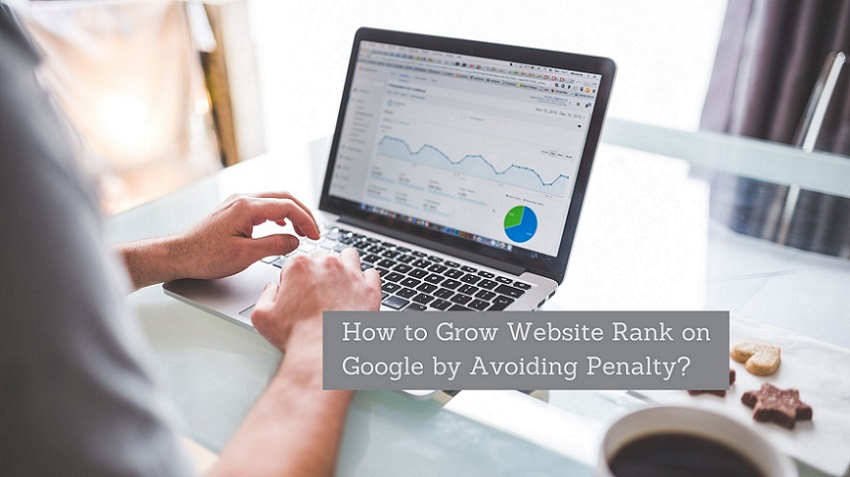Google has stated its stance on AI-generated content in search results. Google has a long-standing guideline of rewarding high-quality content, regardless of whether humans or machines produce it. Above all, Google’s ranking algorithms prefer information that displays expertise, experience, authoritativeness, and trustworthiness (E-E-A-T).
Google recommends that authors who want to rank high in search results create original, high-quality, people-first content that displays E-E-A-T. The company’s “Creating helpful, reliable, people-first content” assistance webpage has been updated with advice on evaluating information in terms of “Who, How, and Why.” Here is how artificial intelligence-generated content fits into Google’s strategy for ranking high-quality content in search results.
Google Rewards High-Quality Content, However, It Is Created
For several years, Google’s approach to prioritizing search results has been based on content quality rather than production methods. Concerns were raised regarding the emergence of mass-produced human-generated content a decade ago. Rather than outright prohibiting all human-generated content, Google enhanced its systems to promote high-quality content. Google’s emphasis on recognizing great material, regardless of production technique, is still evident in its ranking systems and the helpful content system released last year.
Automation Content
Using automation to generate content with the primary goal of manipulating rankings in search results is a violation of Google’s spam policies. Such activities will be combated by Google’s spam-fighting initiatives, particularly its SpamBrain system. On the other hand, Google recognizes that not all use of automation and AI-generated material is spam. For example, publishers automate helpful material such as sports scores, weather predictions, and transcripts. Google said it will continue to be cautious about AI-generated content while maintaining a high standard for information quality and usefulness in search results.
Google’s Advice For Creators
Google’s E-E-A-T approach is explained in the “Creating useful, reliable, people-first content” help page, which has been updated with new information. The redesigned help page encourages publishers to consider “Who, How, and Why” while creating content.
“Who” refers to the individual who generated the content, which should be made known by including a byline or background information on the author. “How” refers to the process used to create the material, and readers will appreciate knowing if automation or AI were used. If AI was utilized in the content creation process, Google wants you to be open about it and explain why. The question “why” alludes to the goal of providing material, which should be to serve people rather than to manipulate search rankings.
Evaluating your material in this manner, whether AI-generated or not, will assist you in remaining in line with what Google’s systems reward.
How Long It Takes To Recover From Algorithmic Penalty? Google Answers
FAQs List
Google also issued a new list of FAQs on the subject of AI-generated content and search. You can check below
Is AI content against Google Search’s guidelines?
Appropriate use of AI or automation is not against our guidelines. This means that it is not used to generate content primarily to manipulate search rankings, which is against our spam policies.
Why doesn’t Google Search ban AI content?
Automation has long been used in publishing to create useful content. AI can assist with and generate useful content in exciting new ways.
How will Google Search prevent poor quality AI content from taking over search results?
Poor quality content isn’t a new challenge for Google Search to deal with. We’ve been tackling poor quality content created both by humans and automation for years. We have existing systems to determine the helpfulness of content. Other systems work to elevate original news reporting. Our systems continue to be regularly improved.
How will Google address AI content that potentially propagates misinformation or contradicts consensus on important topics?
These issues exist in both human-generated and AI-generated content. However content is produced, our systems look to surface high-quality information from reliable sources, and not information that contradicts well-established consensus on important topics. On topics where information quality is critically important—like health, civic, or financial information—our systems place an even greater emphasis on signals of reliability.
How can Search determine if AI is being used to spam search results?
We have a variety of systems, including SpamBrain, that analyze patterns and signals to help us identify spam content, however it is produced.
Will AI content rank highly on Search?
Using AI doesn’t give content any special gains. It’s just content. If it is useful, helpful, original, and satisfies aspects of E-E-A-T, it might do well in Search. If it doesn’t, it might not.
Should I use AI to generate content?
If you see AI as an essential way to help you produce content that is helpful and original, it might be useful to consider. If you see AI as an inexpensive, easy way to game search engine rankings, then no.
Should I add author bylines to all my content?
You should consider having accurate author bylines when readers would reasonably expect it, such as to any content where someone might think, “Who wrote this?” As a reminder, publishers that appear in Google News should use bylines and author information. Learn more on our Google News policies page.
Should I add AI or automation disclosures to my content?
AI or automation disclosures are useful for content where someone might think “How was this created?”. Consider adding these when it would be reasonably expected
Can I list AI as the author of content?
Giving AI an author byline is probably not the best way to follow our recommendation to make clear to readers when AI is part of the content creation process.
Final Note
If your objective when using AI is to see resourceful ways to add further context and information to help your readers, that is amazing. If you are utilizing AI to uncover methods to gain more content indexed by Google, then that is not significant.



